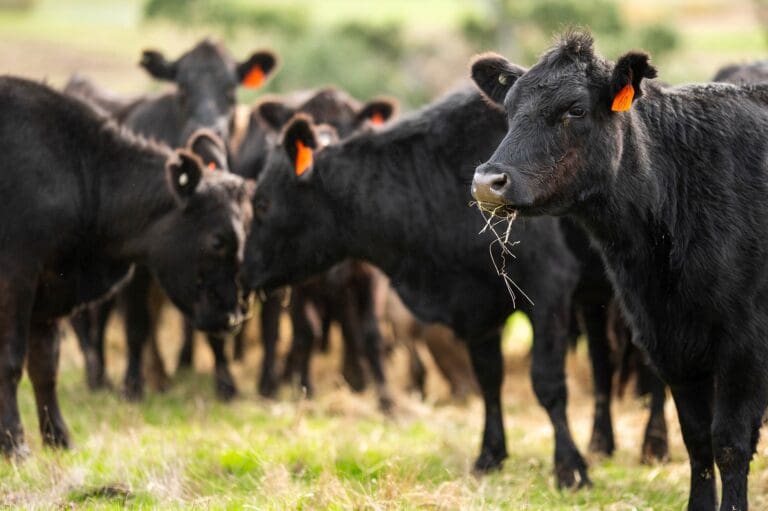Germany’s Federal Minister of Food and Agriculture, Cem Özdemir, has urged the European Commission (EC) to postpone the start of application of the European Union Deforestation Regulation (EUDR) by six months to July 1, 2025.
“Companies need sufficient time to prepare. This also applies to countries with small-scale production structures. Otherwise, supply chains threaten to break at the end of the year – to the detriment of the German and European economy, small farmers in third countries, and consumers. The start of application must be postponed. Period,” Cem Özdemir stated in a letter to Maroš Šefčovič, Executive Vice-President of the European Commission for the European Green Deal.
“There is no doubt that the necessary global forest protection needs to be strengthened. But the implementation must be practical, minimally bureaucratic and work smoothly,” the German Minister of Food and Agriculture added.
Cem Özdemir’s announcement comes a day after German Chancellor Olaf Scholz’s criticism of the regulation when addressing the German association of digital and newspaper publishers (BDZV). “The regulation must be practicable,” he said.
The new rules, currently set to take effect on December 30, 2024, would ban imports of a vast range of agricultural goods – from coffee, cocoa and cattle to soy, palm oil, and other products – if produced using land that was deforested after December 2020.
Welcome development for commodity markets?
Providing context, Kyle Holland, Senior Market Reporter of Oilseeds and Oils, Expana, said the impending implementation of EUDR has become a significant source of apprehension across global commodity markets.
“Industry feedback to Expana reveals a stark reality: neither the EU nor its international suppliers appear adequately prepared for the regulation’s enforcement,” he said. “Contrary to initial expectations, even major market players are grappling with the EUDR’s stringent requirements. The complexity of compliance has caught many off guard, challenging the assumption given to Expana by industry insiders some months ago that larger entities would navigate these waters with ease. This struggle is manifesting in tangible market disruptions.”
Holland indicated that buyers of key commodities like soybean meal are reporting to Expana an alarming scarcity of offers for EUDR-compliant products, indicating a widespread struggle to meet the new standards.
“If goods are offered, they often come with prohibitively high premiums according to market players. These inflated prices stand in stark contrast to last year’s levels, defying the current global supply and demand dynamics which show a bloated supply owing to large production and carry from key players Argentina and Brazil,” he said. “The combination of supply constraints and price premiums has led to an unprecedented situation where key buyers are telling Expana they have virtually no coverage for their 2025 needs. This stark departure from the norm – where 60-70% coverage of future year requirements would typically be secured by this time underscoring the magnitude of the EUDR’s market impact.”
Want to dig into further insights? Discover more on our insights page.
Written by Jeanne Ferrer



